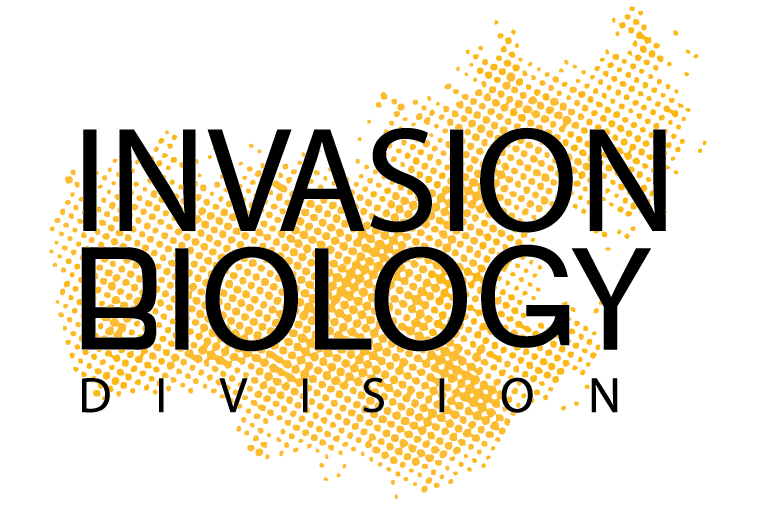In addition to its many direct negative effects, fragmentation of natural habitats can also facilitate the establishment and spread of invasive plants, which can further damage native wildlife. However, the exact nature of these effects may vary depending on the habitats affected and the group of organisms being studied. Most of the information we have are limited to native plants, yet the changes caused in arthropod communities are poorly understood. Therefore, we investigated the impacts of fragmentation and the presence of milkweed, which is a major conservation problem in the Great Hungarian Plain, on invertebrate communities in sandy grasslands of forest-steppe habitats.
In total, we surveyed pollinators (wild bees) and collected ground-dwelling arthropods, mainly herbivores (true bugs) and predators (spiders), and examined their characteristics in 60 habitat patches. We demonstrated the interaction between the effects of fragmentation and invasion, which usually modify and can strengthen each other’s effects. Milkweed has a stronger direct impact on herbivorous bugs and pollinators, while it affects ground-dwelling spiders only indirectly. The interaction between fragmentation, invasion and the conservation of biodiversity is very complex, and continuous monitoring and the use of adaptive management techniques are essential for its effective management.



